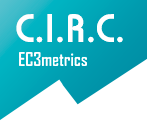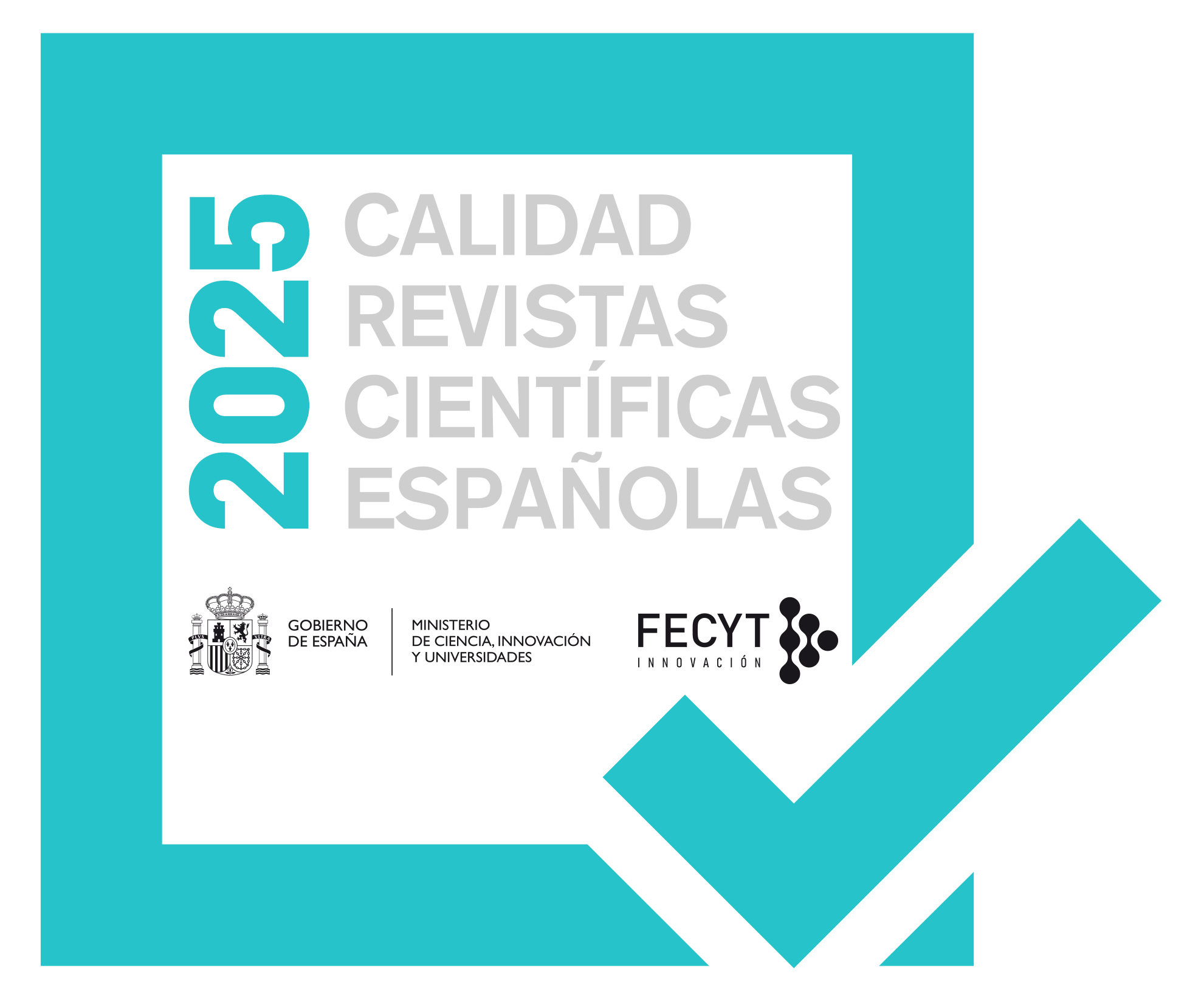Code of ethics and equality commitment
Observance of ethical aspects
Code of Ethics
iQual. Revista de Género e igualdad is an international scientific journal that aims to promote reflection and multidisciplinary research on equality between women and men in all spheres of life. As a publication that aspires to achieve international excellence, it is based on the ethical code of the Committee on Publication Ethics (COPE), addressed to the people who make up the different teams and committees, as well as to the authors and reviewers.
Commitments of the authors
- Originality and fidelity of the data: those who send their work to iQual. Revista de Género e igualdad certify that it is original and unpublished, that it does not contain parts of other authors of other fragments of their previously published works. In addition, they confirm the veracity of the data.
- Multiple and/or repetitive publications: The author should not publish articles in which the same results are repeated in more than one scientific journal or any other non-academic or academic publication.
- Attributions, citations and references: The author must always provide the correct indication of the sources, as well as the contributions mentioned in the article along with their DOI or URL, if any.
- Authorship: The author guarantees the inclusion of those persons who have made a significant scientific and intellectual contribution in the conceptualization and planning of the work, as well as in the analysis of the results and in the writing of the article.
- Access and retention: If the members of the Board of Directors - if appropriate, by indication of the Evaluation Committee through the author - consider it appropriate, the authors should make available the sources or data on which the research is based, which may be retained for a reasonable period of time after publication and possibly made accessible.
- Conflict of interest and disclosure: All persons are required to declare explicitly that there are no conflicts of interest that may have influenced the results obtained or the interpretations proposed. Authors should also indicate any agency and/or project funding from which the research article arises.
- Errors in published articles: When an author identifies an important error or inaccuracy in his/her article, he/she should immediately inform the journal's management team and provide them with all the necessary information to list the pertinent corrections at the bottom of the article (always in a margin note, so as not to alter the publication).
- Responsibility: The responsibility for the content of the articles published in iQual. Revista de Género e igualdad is the exclusive responsibility of the authors, and they also commit themselves to review the most current and relevant scientific literature on the analyzed topic, taking into account the different currents of knowledge in a pluralistic manner.
Commitments of the reviewers
- Contribution to the editorial decision: Reviewers assume the commitment to perform and guarantee a critical, honest, objective, constructive and unbiased review of both the scientific and literary quality of the manuscript in the field of their knowledge and skills.
- Respect for review times: The person who does not feel competent in the subject matter to be reviewed or who is unable to complete the evaluation in the scheduled time, should immediately notify the editorial management. Reviewers are committed to evaluate the papers in the shortest possible time, in order to meet the deadlines.
- Confidentiality: Each assigned manuscript must be considered confidential. Therefore, these texts should not be discussed with others without the express consent of the editorial management.
- Objectivity: Peer review should be conducted in an unbiased manner. Peer reviewers are obliged to give reasons for each of their assessments, always using the "ad hoc" review template. They will deliver a complete critical report with appropriate references, according to iQual review protocol. Journal of Gender and Equality.
- Text visualization: Reviewers undertake to accurately indicate the bibliographic references of fundamental works possibly forgotten by the author. In addition, they should inform the editorial management of any similarities or overlaps of the manuscript with other published works.
- Anonymity: To ensure that the review process is as objective, impartial and transparent as possible, the identity of the persons who publish, as well as any identifying information about the document, is suppressed before the papers are sent for peer review. If, for any reason, the identity of the authors, their institutional affiliations or any other data that may jeopardize the anonymity of the document has been compromised, the reviewer must immediately notify the editorial management and refrain from carrying out his or her task.
Commitment of the editorial management
- Publication decision: The editorial management will guarantee the selection of reviewers according to their qualifications and scientific specialization, in order to issue a critical and expert appraisal of the work, with the least possible biases. iQual. Revista de Género e igualdad chooses to select two people for each article, in order to ensure greater objectivity and correct assessment in the review process. In the case of different evaluations, in exceptional cases, a third person would be selected to carry out the review.
- Honesty: The editorial management evaluates the articles submitted for publication on the basis of the scientific merit of the contents, without discrimination of race, gender, sexual orientation, religion, ethnic origin, nationality, political opinion of those who submit them.
- Confidentiality: The editorial management and members of the working group undertake not to disclose information related to the articles submitted for publication to persons other than authors, review staff and the editorial management. Commitment to confidentiality, so that anonymity preserves intellectual integrity throughout the process.
- Conflict of interest and disclosure: The editorial management undertakes not to use the content of the articles submitted for publication in their research without the written consent of the author.
- Respect of the times: The editorial direction is the maximum responsible for the fulfillment of the time limits for the revisions and the publication of the accepted works, to ensure a rapid diffusion of its results. They reliably commit to comply with the established published times.
Gender Equality Commitment
For the Editorial Team
The magazine advocates for equal gender representation in the composition of the Advisory Board, Editorial Board and Evaluation Board.
For authors
iQual.Revista de Género e Igualdad is committed to the use of inclusive and non-sexist language.
Authors are recommended to use style guides, such as the Non-sexist Language Guide prepared by the Spanish Ministry of Equality.
It is recommended to record in the works the presence of data differentiated by sex if they exist from the origin
Plagiarism detection
In accordance with its posting policies, iQual. Gender and Equality Journal requires each manuscript to be detected for plagiarism. These are sent to screen by Turnitin. If, after carrying out the plagiarism check, the coincidences found in each study are considerable, they are analyzed in detail since a result that shows a high percentage of similarity does not automatically mean that there is plagiarism. Detections are analyzed by the editorial team. After a study, a final decision is made. In the case of determining that there is plagiarism, the author is contacted to proceed, according to the conclusions, to a correction or the work is rejected.
If plagiarism is detected once the article has been published, the author will be contacted to proceed in the same terms as above.
In the case of an issue that is coordinated or directed by an ad hoc person in charge, as it is the publication of results of a research group or minutes of events, any communication in this sense will also be made with him or her, as person in charge. of having carried out this task, in addition to the one related to the evaluation of articles.








